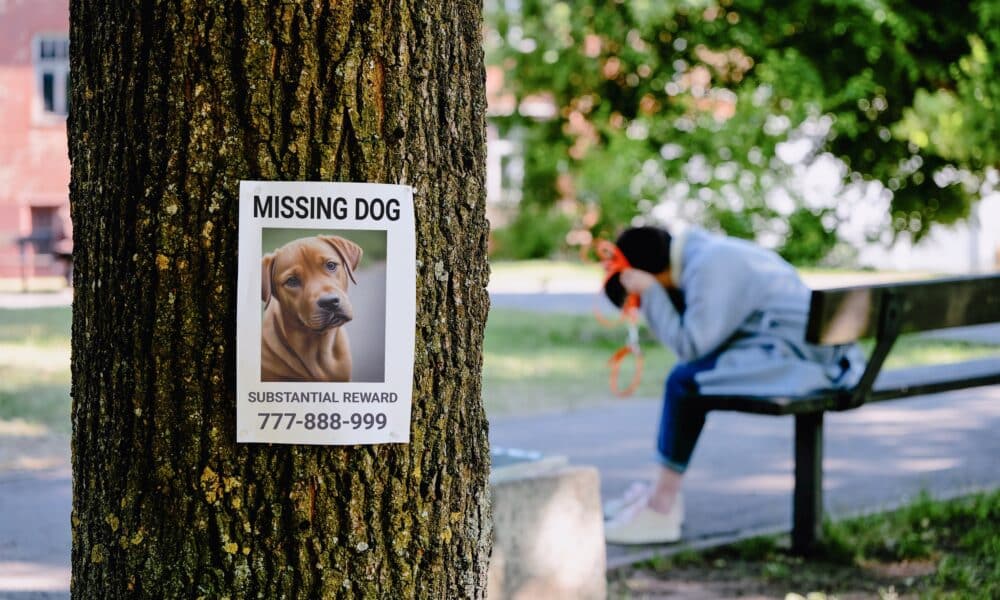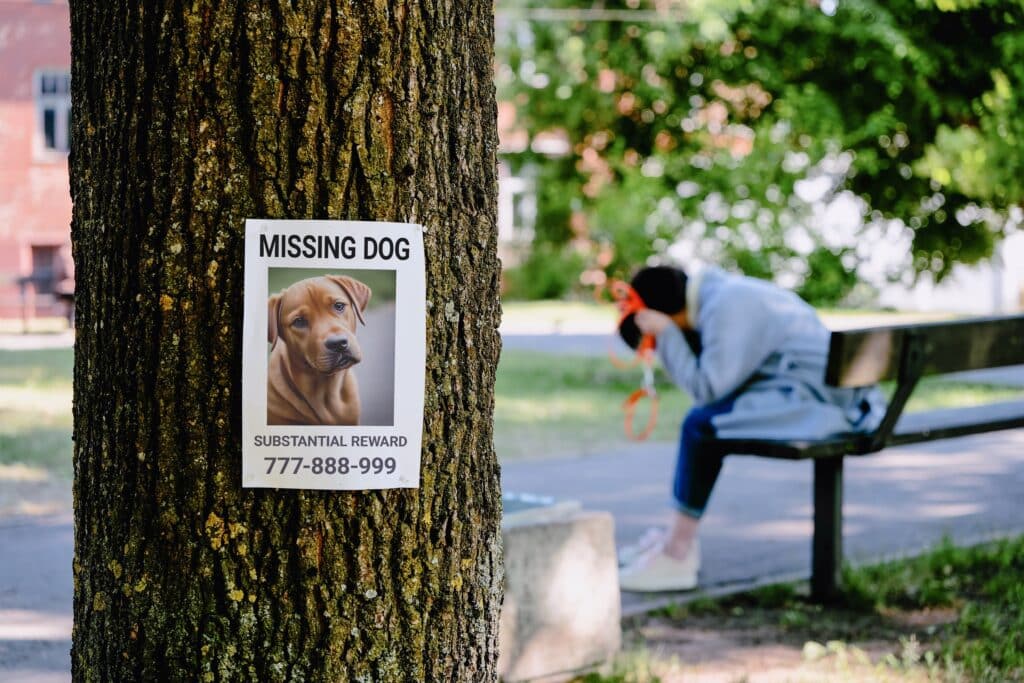- May 2, 2024
Study Reveals Dog Theft Has The Same Emotional Effect As Losing A Child

A recent study reveals that dog owners who have their dogs stolen suffer the same emotional turmoil as parents who lose their children.
And some even felt that the loss of their dog is even more intense than the death of a friend or a relative, owing it to the close bond they have built with their pet dog – a bond that they did not have with their loved ones.
Furthermore, the study even suggests that people with dogs cope the same way they would when missing a human family member.
The study also tackles the scarce interest that dog theft garner, leaving people to suffer “disenfranchised grief unsupported”.
The findings were published in Human-Animal Interaction’s journal on Thursday, April 25. And data was collected from October to December of 2022.
The researchers only recruited participants that were adults in the UK who had lost their dogs during adulthood.
This is so that they can focus the research on the experiences of a dog’s primary caretaker who had the strongest attachment to the pet.

During the interview with the participants, it became clearer to the researchers that the owners consider their dogs as their children. Even referring to them as “our babies” or “our boys”, terms of endearment that people use to refer to their human children.
Participants also cried during the interview while talking about their dogs’ loss. The researchers noted that they were displaying behaviors from common grief models such as denial, anger, bargaining, depression, and acceptance.
The researchers wrote, “these interviews were evocative of guardians’ suffering, validating dog-theft as perhaps a highly equally serious offence as kidnapping.”
Furthermore, the researchers noted that the psychological distress due to the whole experience is made worse due to the lack of understanding of how much a pet dog can mean to their owners.
There is also limited support from the Police because dog theft laws only ever consider dogs as stolen properties the same way as having a bicycle stolen.
The researchers wrote that future psychological research should aim to inform best-practice resources to provide suitable help for dog owners who lost their dogs and assist them in managing their grief.
Ms. Venkatramanan, an Assistant Psychologist, Berkshire Healthcare NHS Foundation Trust, said, “This study explored the experiences and needs of dog-guardians when faced with dog theft and the results validated an overlap of characteristics between human and non-human relationships.“
“It provides evidence of the intense love of dogs and the parental accountability of guardians,” she added.
Tags
What do you think?
Related Articles

New Puppy Checklist: Gear You’ll Need for Your New Dog
Getting a new puppy is really exciting, but before you welcome them home, it’s important to prepare your space for them. Since puppies need a

How Big Do Mini Poodles Get? Vet Reviewed Average Weight & Growth Chart – Dogster
The information is current and up-to-date in accordance with the latest veterinarian research. Learn more » When you buy a Miniature Poodle, you might not

Can Police Dogs Smell Nicotine? Vet Verified Facts & Info – Dogster
The information is current and up-to-date in accordance with the latest veterinarian research. Learn more » While cigarette sales have been declining steadily for decades,

How Old Is 5 in Dog Years? Vet-Approved Guide to Each Size of Dog – Dogster
The information is current and up-to-date in accordance with the latest veterinarian research. Learn more » A common method for calculating a dog’s age is

